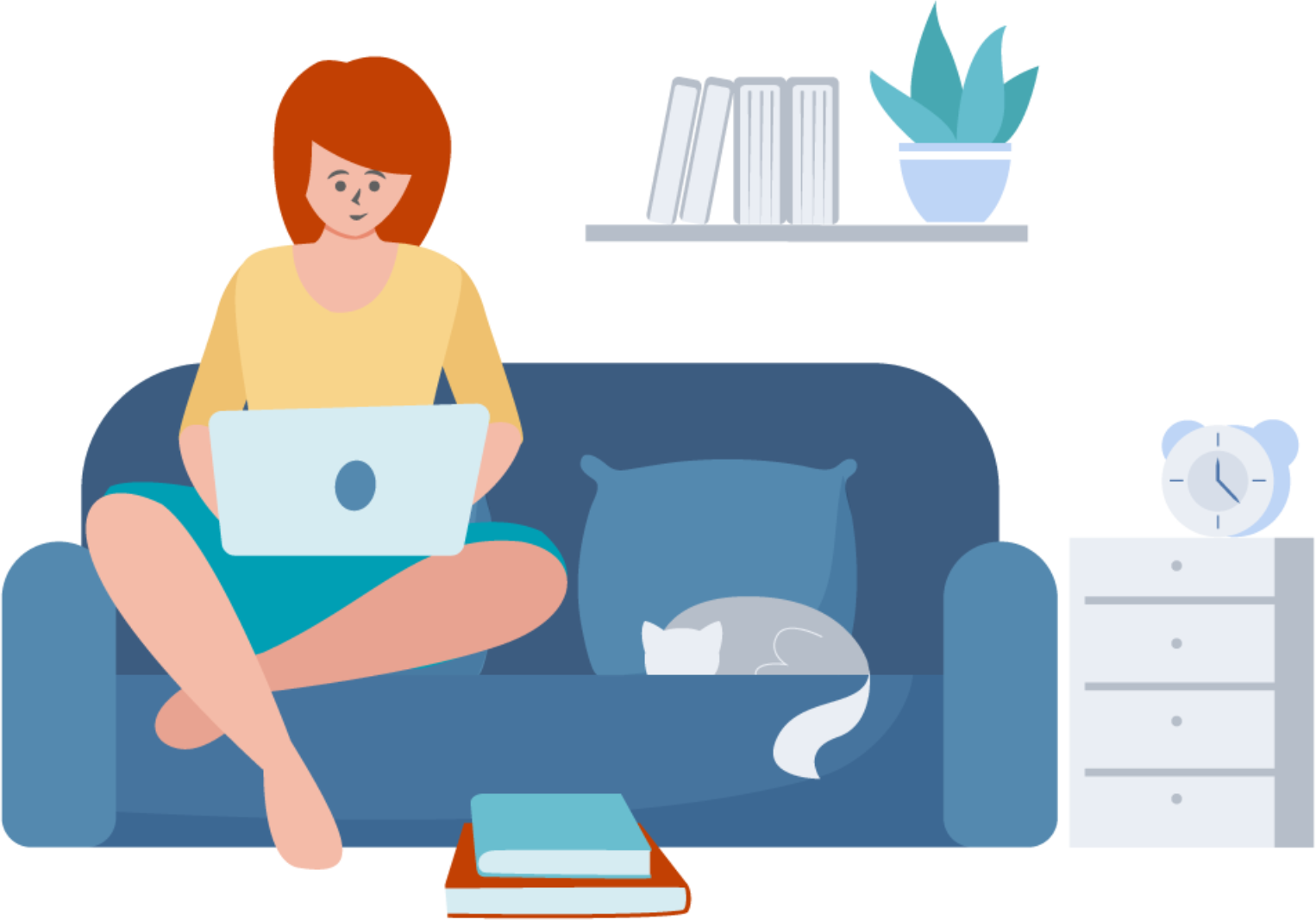Do you find that your mornings are the worst part of your day since you started chemo?
Coloman
Member Posts: 52
I used to jump out of bed in the mornings, but now when the alarm goes off I just don't want to get up. I'm sore all over, I don't feel good, and it takes me an hour or more to start feeling like something. After that is over I seem to feel OK for the rest of the day. It doesn't matter if it's a treatment day or not this pattern is every day. Is this the normal morning for everyone?
0
Comments
-
I would say, yes. Chemo just sucks the energy out of every part of you. I think it is mental as well a physical. I remember how my arms and legs and neck and shoulders all just ached. Nausea and, of course, no appetite. Just wanted to say in bed. And, you want to think you'll adjust to it as time goes by. I found the effects were cumulative, intensifying with time. It is harsh. Sorry.0
-
I have that problem too here lately. I have always gotten up early and went to work, it's just automatic. But I can feel a little fatigue inching its way in and I'm having trouble getting going in the mornings. The treatment hasn't even started either.0
-
I used to be a morning person, until chemo. Now almost 8 years later, I don't come alive until 2 cups of coffee.0
-
Fatigue from chemo (especially the 5FU in the pump) is debilitating. What you're describing is totally normal. You're going to think that I'm crazy - remember now that I am a Stage IV rectal cancer survivor - I honestly found that pushing myself to get out there and walk every day help increase my stamina. The longer that we stay on the couch; the more likely we are to lose muscle mass and become deconditioned. I feel your pain and your fatigue, but as counter-intuitive as it sounds, walking or lifting weights/squats at home will help with this fatigue.0
-
When I was getting chemo, I was still working a full-time job. I had always before walked my dogs in the mornings before work and I made myself get up at 4:30 AM to walk them still - I was determined that they would not suffer just because I was diagnosed with cancer. I am certain that making myself get up and about and out exercising was responsible for the fact that my fatigue wasn't worse in the mornings than at other times. For me, I think my fatigue was actually worse in the afternoons. I often had to take a nap before I was able to face the remainder of the day (including another walk with the dogs, if not going to agility practice with them).
Of course, I was on a completely different treatment protocol, I imagine. And, in my opinion, every single person reacts uniquely to chemotherapy and every treatment. Some who had my exact same treatment protocol never had any nausea at all and mine was horrible ... and nothing the oncologist and I tried alleviated that.
Good luck! I hope you can keep pushing your way through it all ... and give yourself a break, too, remembering what your poor body is enduring!0 -
I understand what you mean about your dog's LWC. When I was going through treatment I had a horse and a pony. I HAD to get up every morning, get dressed and go out to see they were fed and their stalls cleaned. There were many days I didn't feel like doing it but I had to. The were depending on me and they kept me going. I feel I owe them so much.0
-
Thank you all. I also seem to run out of juice around 3 each afternoon. I will drop down on the couch or in my chair and nap for an hour or so when it hits me.0
-
I never was a morning person. Fatigue took over all day especially on the day of treatment. I had biweekly treatment. Between treatments I lifted weights.0
-
Mornings were Ok. I found mid day to be the worst and I would have to just give in and take a nap.
I also found walking every day, even for a short distance, helped my energy level0
Categories
- All Categories
- 10 Announcements
- 849 New to WHATNEXT?
- 893 Weekly Discussions
- 3 Adrenal Cortical Cancer
- 7 Anal Cancer
- 3 Bile Duct (Cholangiocarcinoma) Cancer
- 5 Bladder Cancer
- 18 Brain and Spinal Cord Tumors
- 78 Breast Cancer
- 1 Breast Cancer in Men
- 14 Bone Cancer
- 1 Caregivers
- 1 Cancer of Unknown Primary
- 4 Cervical Cancer
- Chronic Lymphocytic Leukemia
- 13 Colorectal Cancer
- Diffuse Large B-Cell Lymphoma
- 2 Endometrial Cancer
- 4 Esophageal Cancer
- 3 Eye Cancer
- 1 Gallbladder Cancer
- 25 Head & Neck/Throat Cancer
- Hodgkin Lymphoma
- 5 Kidney Cancer
- 4 Leukemia
- 4 Liver Cancer
- 12 Lung Cancer
- 4 Lung Carcinoid Tumor
- Mantle Cell Lymphoma
- Mesothelioma
- 10 Multiple Myeloma
- 6 Non-Hodgkin Lymphoma (NHL)
- 17 Ovarian and Fallopian Tube Cancer
- 2 Pancreatic Cancer
- Penile Cancer
- 1 Pituitary Tumors
- 12 Prostate Cancer
- 1 Rare Cancers
- 3 Skin Cancer - Lymphoma
- 7 Skin Cancer - Melanoma
- 4 Skin Cancer - Non-Melanoma
- Small Intestine Cancer
- 3 Soft Tissue Sarcoma
- 3 Stomach Cancer
- 1 Testicular Cancer
- Thymus Cancer
- 7 Thyroid Cancer
- 2 Vaginal Cancer
- Vulvar Cancer




